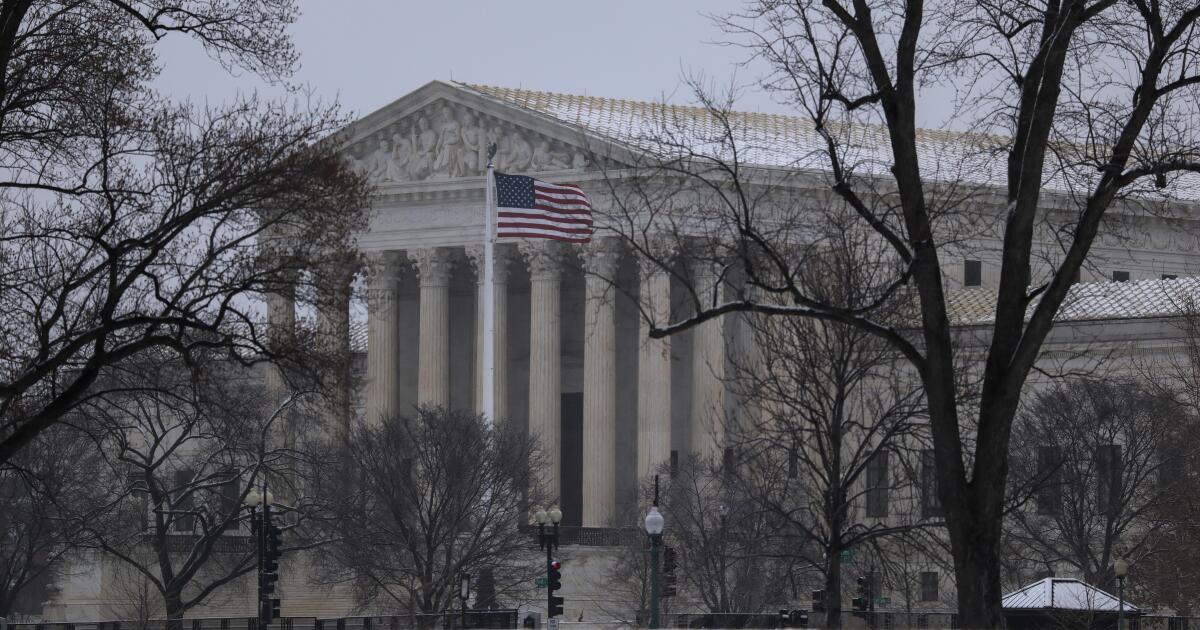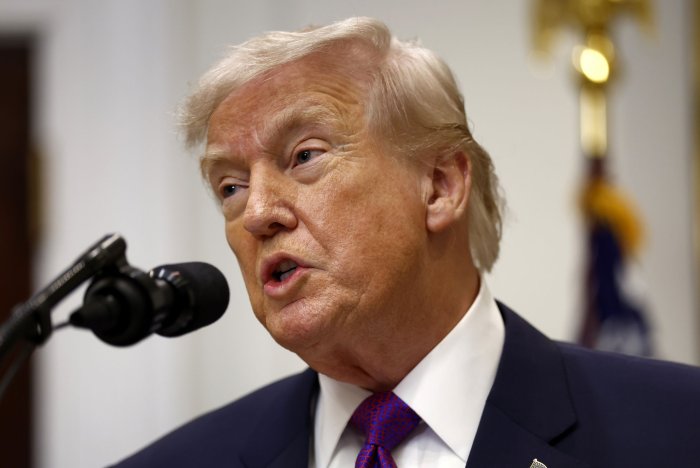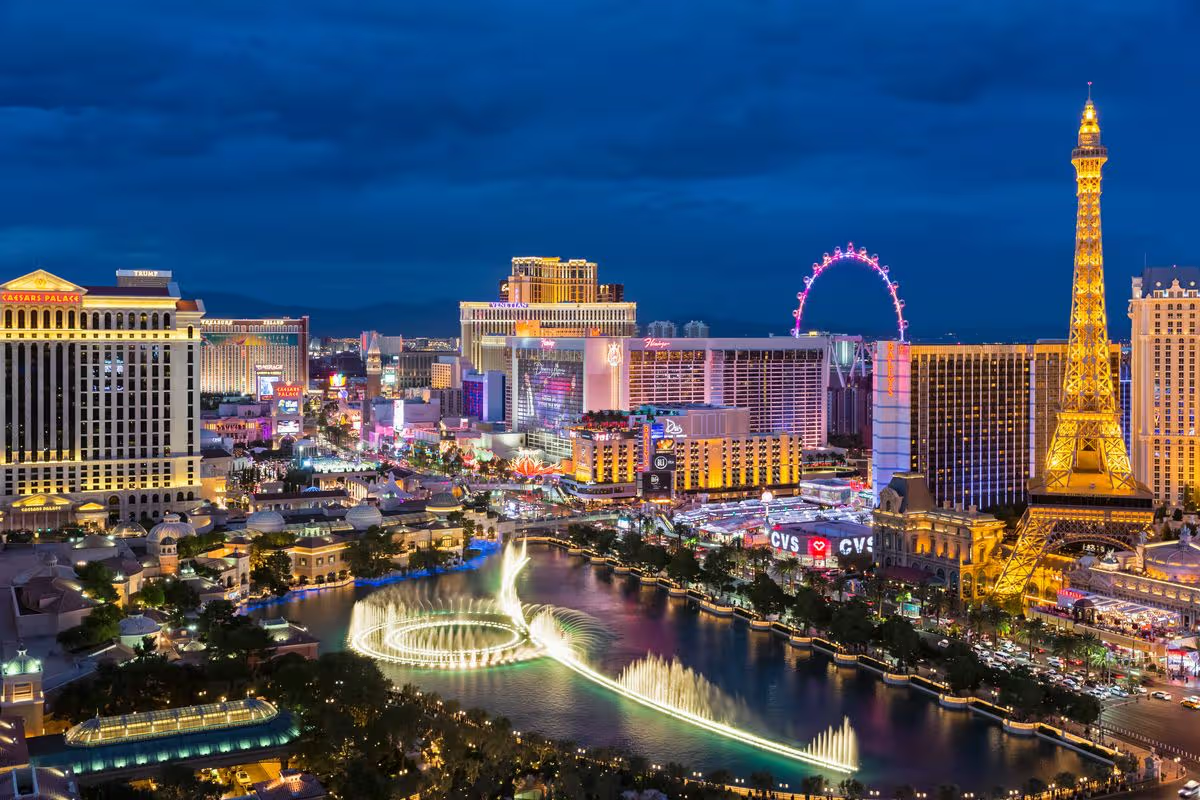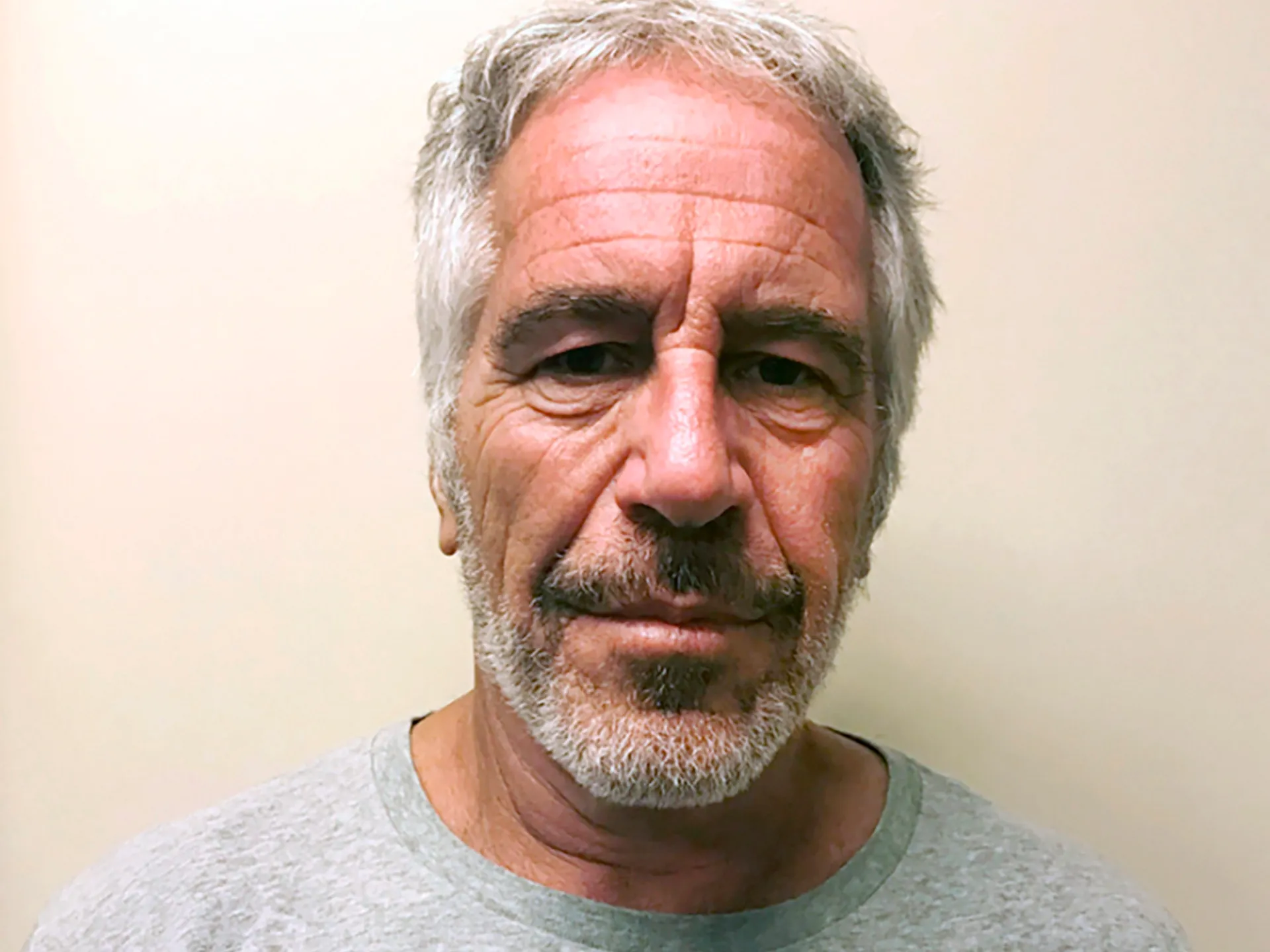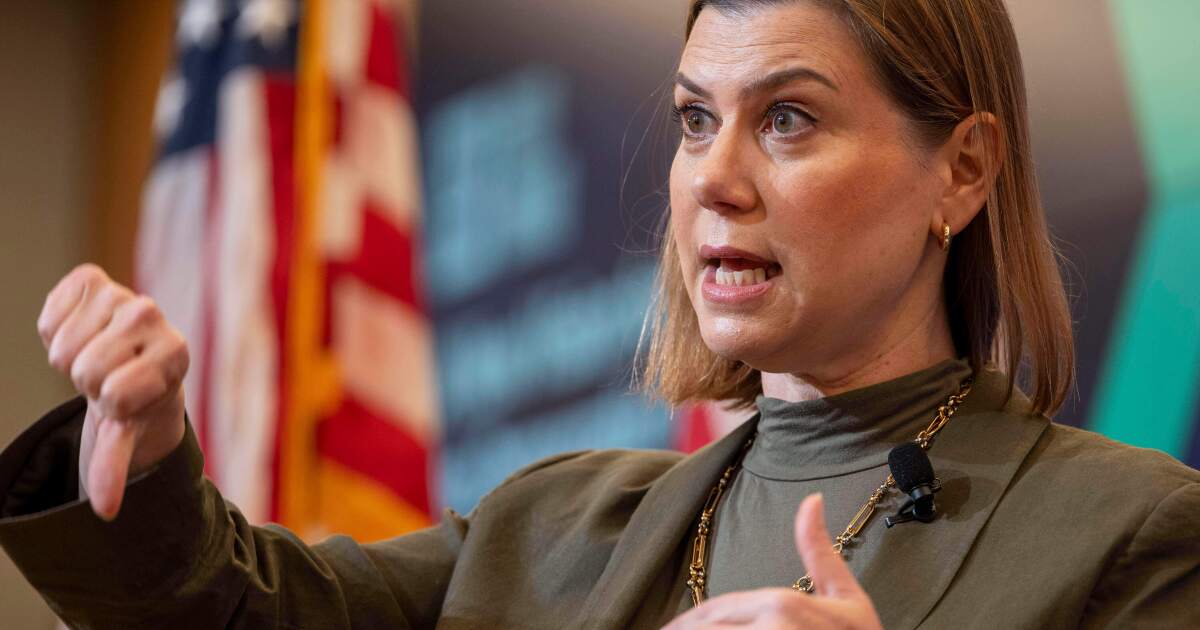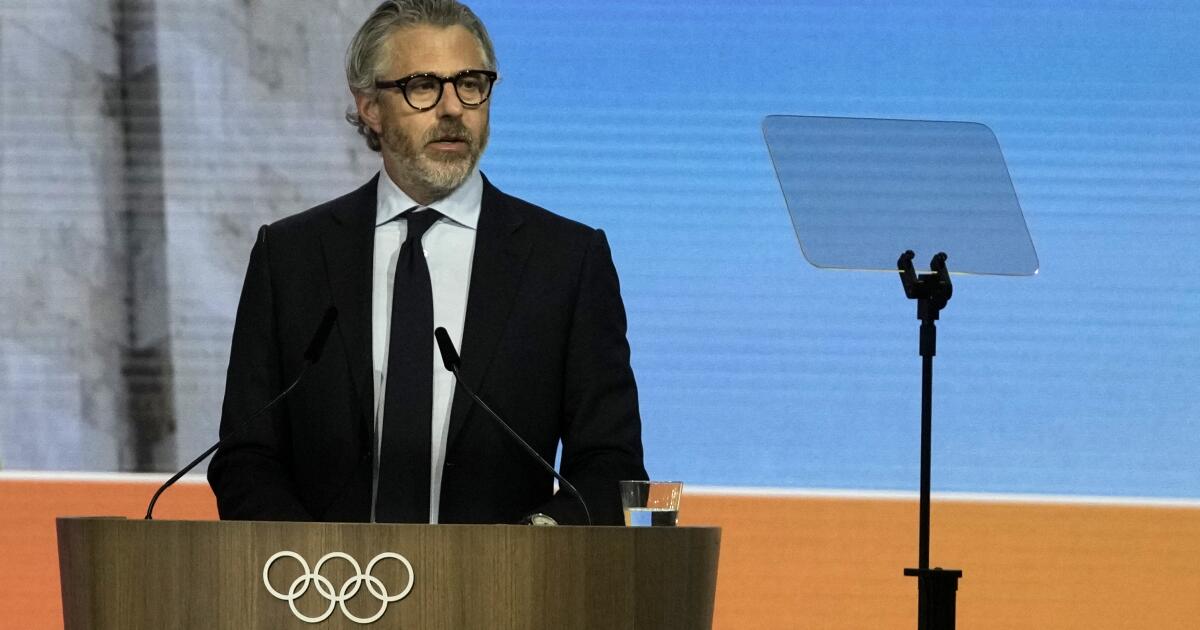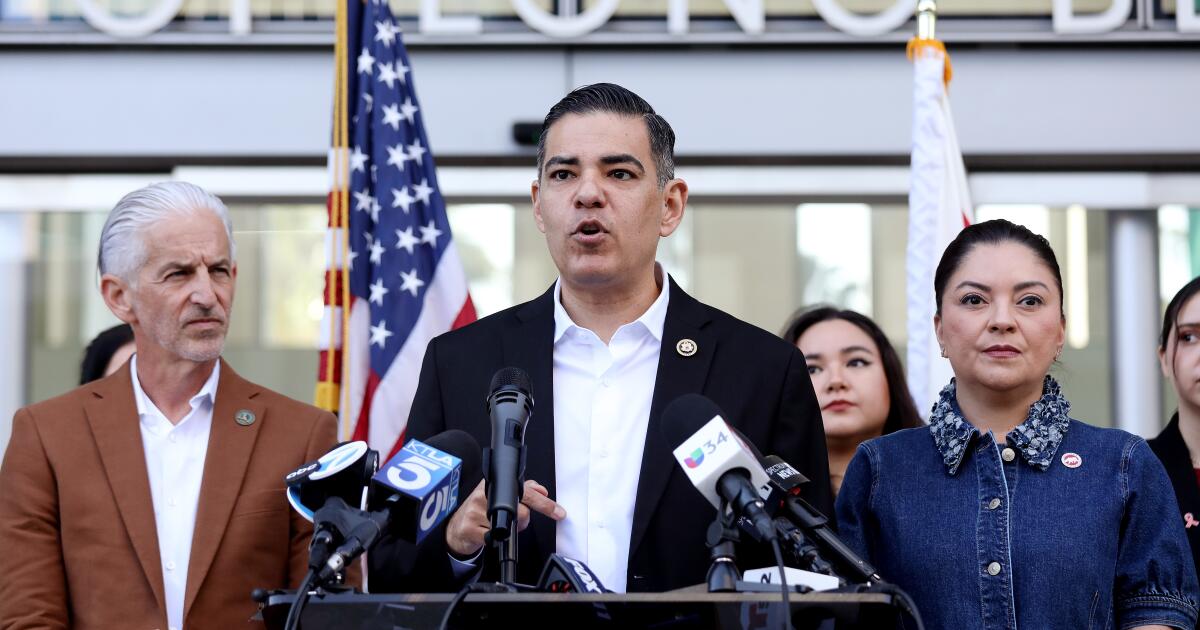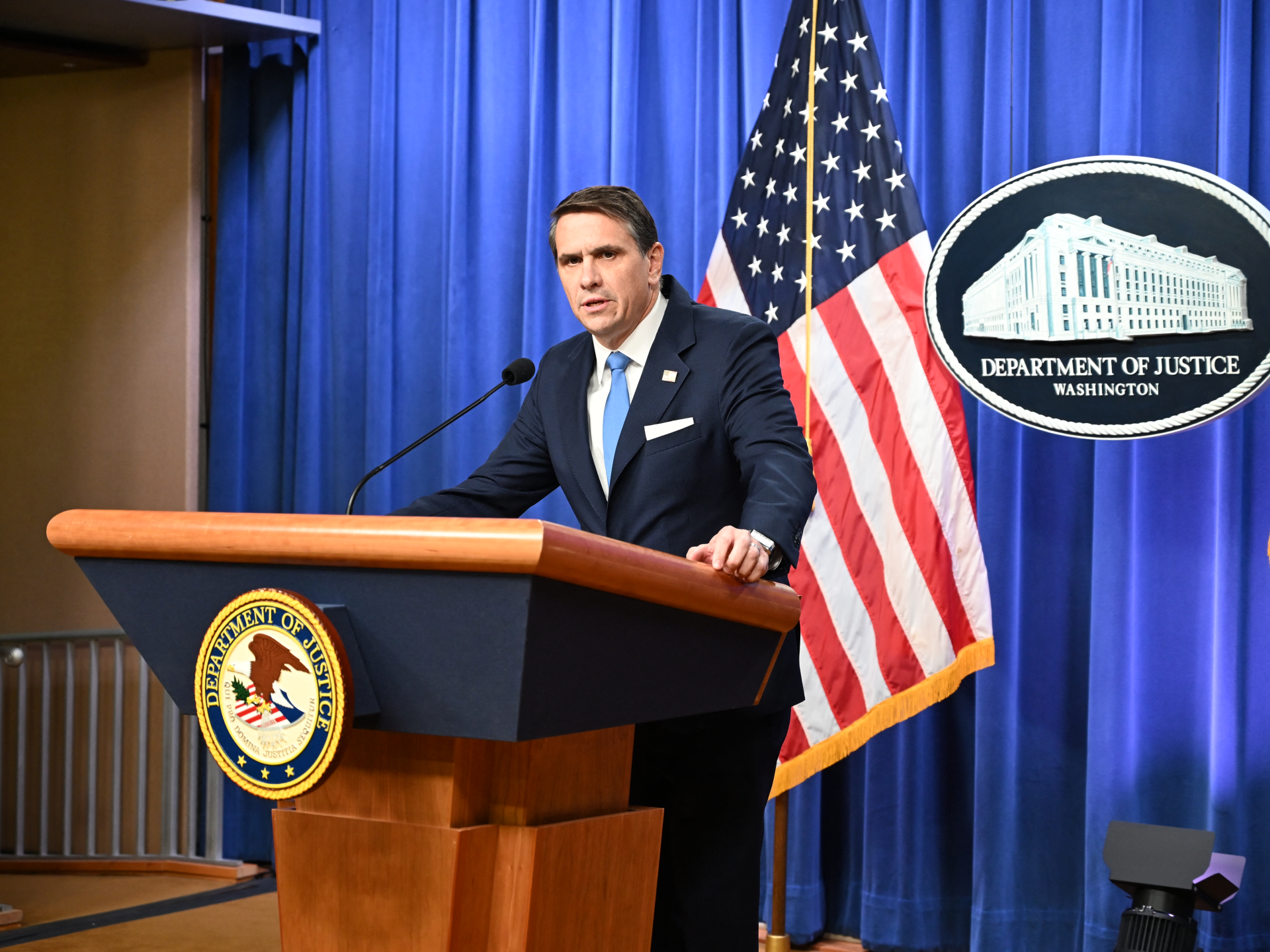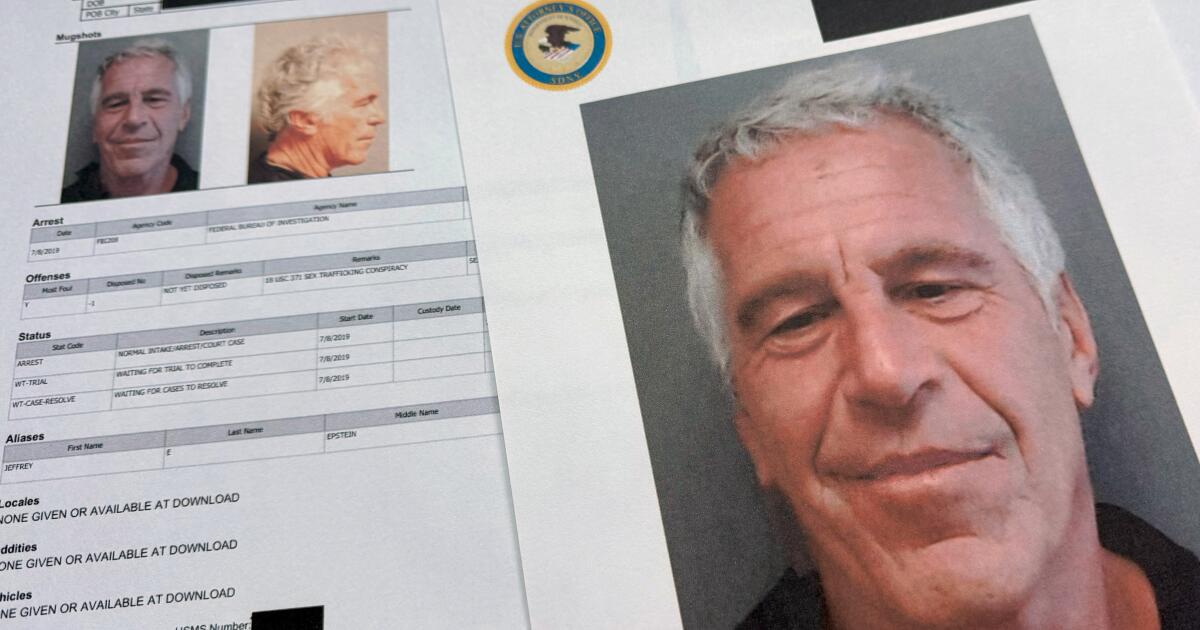Las Vegas is famed for its glamour and luxury, but there are remarkably affordable experiences and bucket-list encounters that don’t break the bank once you step into Sin City
I lay down on the table, bashed my chosen intensity and music choice into a tablet, and two extendable metallic arms started to twitch. And then they swivelled and swooped down on me. Within minutes, my worries had melted away.
I was not involved in some strange AI torture chamber. I was, in fact, in Las Vegas. Putting a futuristic massage robot through its paces. Aescape Robotic Massage Experience at Qua Spa in Caesars Palace is the Strip’s first AI robotic massage ($44 for 15 minutes) and delivers impressively good back and shoulder massages.
Still, I watched beadily as my robot masseuse worked each touchpoint, not quite sure whether to fully trust the machine. Certainly, it was different from a typical massage and one I won’t forget in a hurry. But I wasn’t just in Sin City to be pummelled by an android in Caesars Palace. I was there to discover if it really was possible for the Entertainment Capital of the World to offer serious bang for your buck.
READ MORE: Canary Islands’ ‘hidden gem’ has unspoiled beaches, £2 beer and 21C March weatherREAD MORE: Beautiful UK market town has £160k homes, cosy pubs and Harry Potter links
Las Vegas is notoriously expensive, with its iconic Strip serving as the backdrop, towering mega resorts lining the vibrant streets and the catalogue of luxury casinos that buzz with excitement. Not to mention all the extras of America’s playground, thanks to its around-the-clock nightlife, remarkable entertainment venues, famed attractions and celebrity restaurants.
Yet, among its dazzling scenes, there’s a lot more to Las Vegas than first meets the eye, with bucket-list encounters and remarkable experiences that don’t break the bank, and where you’d only ever appreciate in the Nevadan. My initial encounter with Las Vegas’ sheer magnitude came as I checked into the five-star Vdara Hotel & Spa, situated in the heart of the city and boasting 1,400 suites. My room ($131 per night + tax) was just as impressive as its towering scale, with a kitchenette, a generous living area, two TVs, and a stylish bathroom complete with a freestanding bath and a cosy cloud-like bed that helped keep jet lag at bay. Its panoramic windows, stretching across the width of the suite, were a highlight, allowing me to admire the iconic Strip, day or night, against its mountainous desert backdrop.
For two nights, I stayed at the luxurious Resorts World Las Vegas, comprising over 3,500 rooms across three of Hilton’s brands, Hilton, Crockfords, and Conrad. I checked into a sprawling room at the latter ($184 per night) with a sleek bathroom that had an enormous rainfall shower and carefully curated furnishings, including a king-sized bed, that felt like a home away from home. While it’s farther from the Strip, I was still able to marvel at the dazzling city skyline and enjoy a quieter night’s rest. It’s easy to spend time wandering the vibrant streets of the Vegas Strip, soaking up the lively ambience and themed establishments that transported me to Paris, New York, and Disneyland. But beyond the glitz, I explored the desert surrounding the city on a guided hiking tour through the Valley of Fire with Love Hikes ($129 per person).
I was instantly awestruck by the dramatic orange rock formations, miles of golden floor and towering valleys that made up this striking landscape. It felt as if I was walking through a Hollywood film set in the state park, a far cry from the casinos, but just a few hours’ drive away.
In Las Vegas, it’s not all casinos and Adele residencies. In the Arts District, you’ll find colourful graffiti adorning the streets, which are lined with antique shops, art galleries, coffee joints, and eateries, including the mouthwatering Good Pie, where I devoured a Detroit-style pepperoni pizza. For a reality-altering experience, head to Meow Wolf’s Omega Mart at Area15, a fun immersive gallery filled with quirky art installations, including a surreal supermarket. The store is stocked with unusual products, from butter-freshening spray and tattooed toy chickens to egg carton sliders. Open the right hidden fridge door and you’ll find yoursef led to otherworldly realms… Vegas is also brimming with history. At the Mob Museum (from $34.95pp), the rich stories of organised crime and law enforcement in the area are explored, while at The Neon Museum (from $25pp), you’ll have to squint to take in the splendour of old casino and business signs.
As expected, the nightlife was extraordinary. Music seeped from buzzing bars, including at Ole Red, where I listened to a live country band before admiring the Strip from their rooftop terrace.
On another night, I attended THE PARTY at Superfrico in The Cosmopolitan ($150), where I watched an intimate, immersive cabaret-style show featuring skilled circus performers from Spiegelworld and hosted by Laurie Hagen. It was a fun-packed evening like no other, where I was also treated to a three-course Italian-American meal and a welcome drink, all included in the price. It’s easy to find somewhere to grab an affordable cocktail, including during happy hour at House of Blues at Mandalay Bay, but Fremont Street in Downtown Las Vegas was by far my favourite spot. The pedestrian-only area blew me away as I gazed at the 1,500-foot LED ceiling screen, which displayed their renowned Viva Vision Light Show, and wandered around listening to free live music from three different stages.
It’s known as ‘Old Vegas’ for its high-energy party atmosphere and affordable drinks, which is loved by Brits and Aussies – and it’s easy to see why. Another highlight was taking a ride on the iconic High Roller at The LINQ during their happy half hour ($60), which offered breathtaking views across Vegas and its never-ending array of dazzling lights, along with unlimited drinks. But its nightlife doesn’t just revolve around partying into the early hours. One evening, I took to the sky during a Maverick Helicopter ride ($139pp), gliding over the glistening Vegas Strip with incredible views of the notable Sphere, Caesars Palace and The STRAT. It was unbelievable and definitely a bucket-list experience.
Another moment that left me speechless was witnessing the world-renowned Fountains of Bellagio. I was mesmerised by the free fountain show, set to music, that soared up to 460 feet and across the 8.5-acre lake in front of the Bellagio resort.
Inside the five-star Bellagio, which sits centre stage along the Strip, is the famous Conservatory & Botanical Gardens. This is a free attraction open to everyone, beautifully designed and decorated with a different theme five times a year.
I visited during its Lunar New Year, with hundreds of fresh flowers, trickling water features, various sculptures suspended in the air and colourful lanterns. The Bellagio resort is also home to one of the world’s biggest chocolate fountains. The food scene in Vegas was nothing short of perfection, as I was treated to an array of flavours from Japan and Mexico. One of the highlights was eating at celebrity chef Roy Choi’s Best Friend bar and restaurant. It was a shop-style bar with a main restaurant where I sampled sharing-style dishes of tacos, BBQ, shrimp, and Korean wings.
I also dined with locals at Tacos El Gordo, where I had pork, beef, and chicken folded tortillas (from $4 each) before devouring a mouthwatering tasting menu of Italian dishes at LAGO by Julian Serrano. Elsewhere, I sampled a selection of innovative Japanese dishes at Kusa Nori, from sushi, seafood, sashimi, nigiri and robata meats – it was nothing short of showstopping, with smoking plates and melting slices of tuna. On the last night, I sat down for a sensational meal at High Steaks, with oysters, crab, a melt-in-the-mouth filet mignon, and their signature Tomahawk.
After a thrilling five days and experiences I’ll never forget, I can only describe Las Vegas as wild! It blew me away with its atmosphere that captivates you the moment you touch down in the Nevada city.
I found that you can absolutely make it affordable, pop $20 in the slot machines without a win, and still have the most unbelievable time in Sin City. Take advantage of the happy hours, wander around the city of lights, watch a show with dinner, and explore the desert – there’s no need to miss out on experiences or its vibrant nightlife this city has to offer. The party really is wherever you want it to go.
Book it
Resorts World hotels has three hotels in Las Vegas:
- Hilton – Starting from $154 per night
- Conrad – Starting from $184 per night
- Crockfords – Starting from $324 per night
A standard Studio King room in Vrada costs $131/night + tax. Return flights from London Heathrow to Las Vegas cost from £423 with Virgin Atlantic. Visit the Las Vegas website for more information.
Do you have a travel story to share? Email webtravel@reachplc.com
